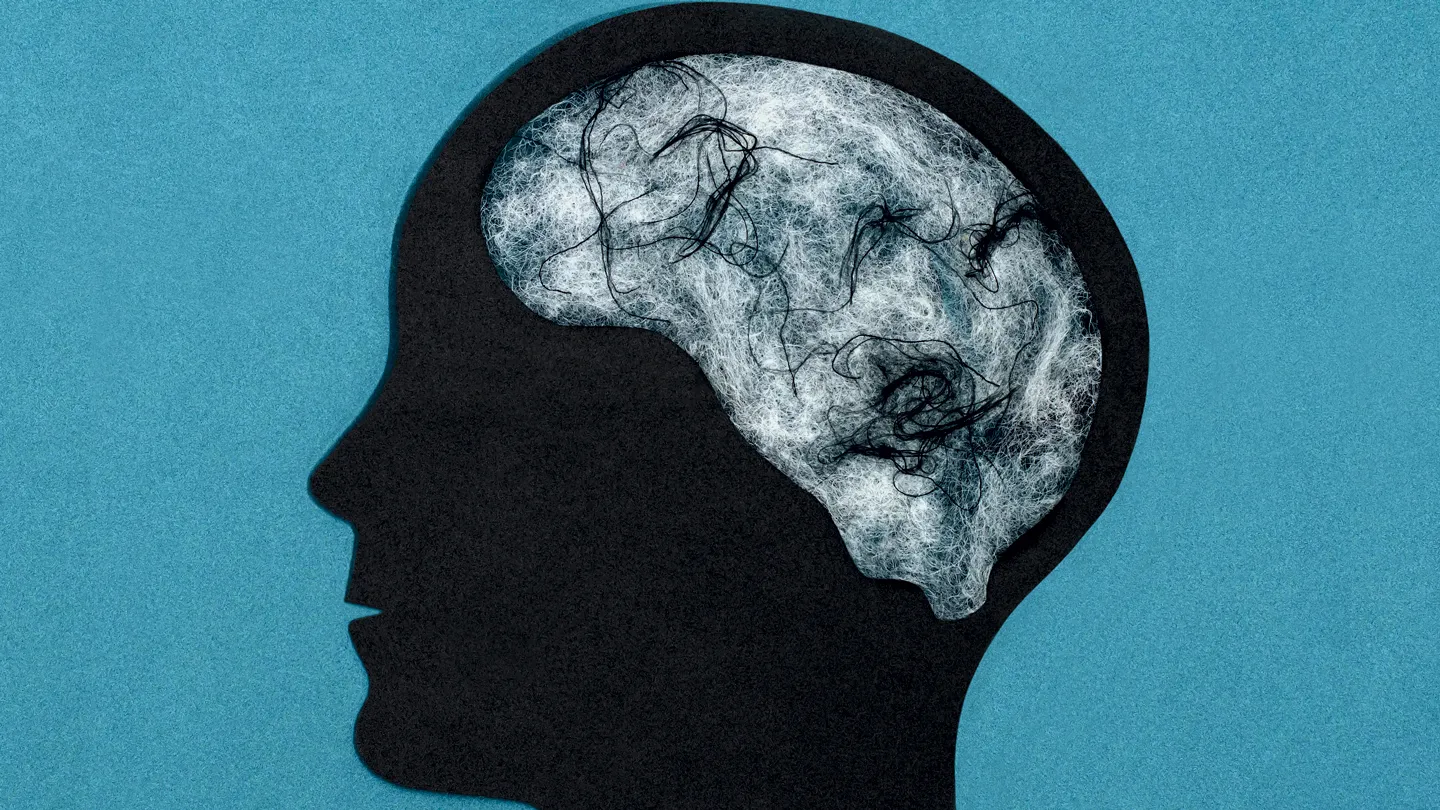We’ve all experienced those moments when our minds feel clouded, our thoughts sluggish, and our focus elusive. This frustrating phenomenon, often referred to as “brain fog,” can make even the simplest tasks feel overwhelming. While brain fog is not a medical condition in itself, it is a symptom of underlying issues that can range from stress and poor sleep to nutritional deficiencies and chronic health conditions. Combating brain fog requires understanding its root causes and implementing effective strategies to clear the mental haze and enhance your cognitive function.
1. The Power of Routine: Establishing Consistent Sleep Patterns
Sleep is fundamental to cognitive health. Lack of quality sleep is one of the most common contributors to mental fog and can severely impact your ability to concentrate, recall information, and process thoughts.
- Create a Sleep Routine: Going to bed and waking up at the same time every day helps regulate your body’s internal clock, making it easier to fall asleep and wake up feeling refreshed. Avoiding screens and winding down with calming activities like reading or meditation can also enhance sleep quality.
- Sleep Environment: Make sure your bedroom is conducive to sleep. This means keeping it dark, cool, and quiet, and ensuring your mattress and pillows provide proper support. Reducing exposure to blue light from screens before bed can also improve sleep quality.
2. Nutrition for the Mind: Eating for Cognitive Health
What you eat has a direct impact on your brain function. Certain foods can boost mental clarity, while others can contribute to cognitive sluggishness.
- Brain-Boosting Foods: Incorporate foods rich in omega-3 fatty acids, such as salmon, walnuts, and flaxseeds, which are known to support brain health. Antioxidant-rich foods like berries, dark chocolate, and green leafy vegetables can protect your brain from oxidative stress and improve cognitive function.
- Stay Hydrated: Dehydration is a major contributor to brain fog. Ensure you’re drinking enough water throughout the day, and consider incorporating hydrating foods like cucumbers, oranges, and watermelon into your diet.
- Balance Blood Sugar: Spikes and drops in blood sugar can lead to energy slumps and brain fog. Opt for complex carbohydrates, lean proteins, and healthy fats to keep your blood sugar levels stable throughout the day.
3. Mindful Movement: Exercise and Mental Clarity
Regular physical activity is not just good for your body—it’s essential for your brain. Exercise increases blood flow to the brain, delivering more oxygen and nutrients that help enhance cognitive function.
- Aerobic Exercise: Activities such as walking, running, cycling, or swimming are particularly effective at boosting brain function. Aim for at least 30 minutes of moderate exercise most days of the week to experience the mental clarity benefits.
- Mind-Body Practices: Yoga and tai chi combine physical movement with mindfulness, which can help reduce stress and clear mental fog. These practices also improve balance, flexibility, and mental focus.
4. Stress Management: Clearing Mental Clutter
Stress is a major factor that can contribute to cognitive decline and mental fog. Learning how to manage stress effectively is key to maintaining mental clarity.
- Mindfulness Meditation: Regular meditation can help reduce stress and enhance focus. Even a few minutes of mindfulness each day can clear your mind and improve cognitive function.
- Breathing Exercises: Techniques such as deep breathing or the 4-7-8 breathing method can calm your nervous system and help you regain focus when feeling overwhelmed.
5. Environmental Factors: Creating a Clear Space
Your environment can significantly affect your mental state. Clutter, noise, and poor lighting can all contribute to feelings of being overwhelmed or distracted.
- Declutter Your Space: A tidy, organized workspace can help clear your mind and improve focus. Try to keep your work area free of unnecessary items and distractions.
- Natural Light and Fresh Air: Exposure to natural light can improve mood and cognitive function. Whenever possible, work near a window or take breaks outside. Fresh air and a change of scenery can also help reset your focus.
6. Engage Your Mind: Mental Stimulation and Cognitive Exercises
Keeping your brain active and engaged is essential for maintaining mental clarity and sharpness.
- Brain Games and Puzzles: Activities like crossword puzzles, Sudoku, and brain-training apps can help keep your mind sharp and improve problem-solving skills.
- Continuous Learning: Engaging in new learning experiences, whether through reading, taking a class, or learning a new skill, keeps your brain active and can help combat brain fog.
Conclusion: Proactively Combatting Brain Fog
Mental clarity is crucial for navigating daily tasks, making decisions, and feeling productive. By adopting these strategies—such as improving sleep, optimizing nutrition, managing stress, and creating a conducive environment—you can effectively combat brain fog and enhance your cognitive function. Remember, small, consistent changes can lead to significant improvements in mental clarity and overall well-being. By listening to your body and addressing the root causes of brain fog, you can reclaim your focus and maintain mental sharpness.
